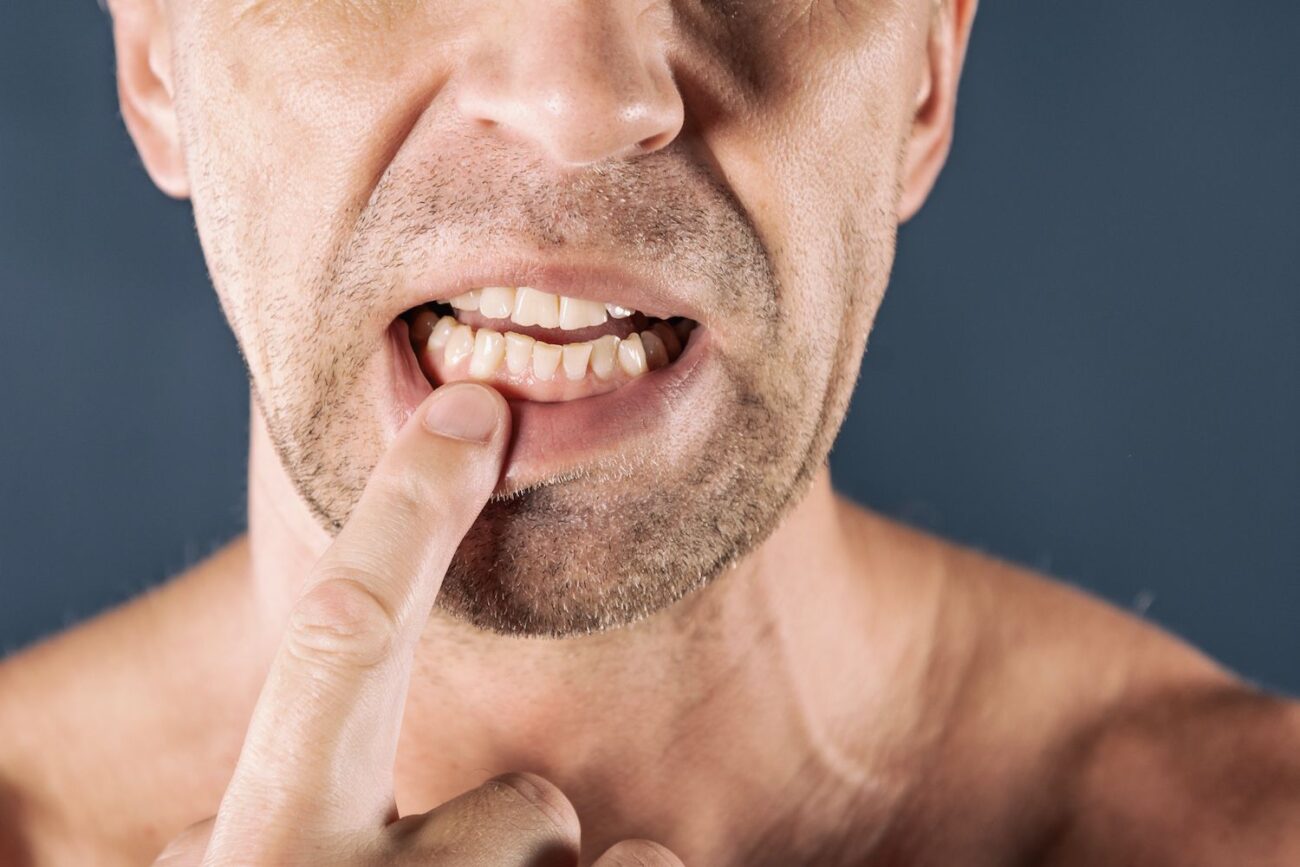Vaccines and global precautions have lessened the panic of the COVID-19 outbreak. But this virus can leave people with severe health concerns in many cases.
COVID-19 can lead to respiratory distress, especially in patients with other underlying medical conditions.
Research published in the Journal of Clinical Periodontology suggests that gum disease is one of these health concerns that can make someone more likely to experience severe complications related to COVID-19.
This can occur because infections like gum disease create inflammation in the gum tissue, which will then trigger a systemic inflammatory response. And one of the potential consequences of chronic inflammation is difficulty breathing.
If you have COVID-19 on top of this, then respiratory problems can become even worse. Gum disease is a common oral infection. But it can put you in danger of serious problems both in your smile and the rest of your body.
If you know more about gum disease, you can feel more inclined to prevent it and seek treatment when needed. Read on to learn more details about gum disease.

Do I Have Gum Disease?
About half of American adults will contract gum disease at some point in their lives. In many instances, the infection of the gum tissue can have recognizable symptoms to indicate a problem in the gums.
For example, you may see bleeding, puffiness, soreness, and other forms of irritation in your gums.
If gum disease progresses, bacteria will impact the teeth and jawbone as well. Gums might begin to recede, they could suffer from bad breath, and the teeth may start to feel loose or wobbly.
Dental patients with advanced gum disease may be in danger of teeth falling out of their sockets.
Sometimes, gum disease does not give you any noticeable symptoms at all. But your dentist can spot signs of this infection during a routine oral exam.
Make sure you attend dental check-ups as directed by your dentist to ensure an early diagnosis of gum disease and other potential oral health concerns.
How Do I Treat Gum Disease?
You will not be able to get rid of gum disease on your own. You will need expert treatment from your dentist to clear away the infection for good. It is easier to treat when caught early. So do not hesitate to tell your dentist about any changes in your gum health.
The dentist will start periodontal therapy with a cleaning technique known as scaling and root planing. They get rid of excess bacteria, plaque, tartar, and other build-ups that can develop deep in the pockets of your gums.
They might also suggest using an antibacterial rinse or mouthwash. This product works to balance your natural oral bacteria so that it will be less likely to spread and further infect your gums.
If gum disease persists after these efforts, you might need more extensive treatment to remove damaged gum tissue and bacterial build-up. This more intense therapy may be necessary in cases of advanced gum disease.
Can I Prevent Gum Disease?
Gum disease develops when your natural oral bacteria spread across your teeth and reach your gum tissue.
So, to prevent contracting this infection, you should remove excess bacteria and particles that encourage bacterial spread in a timely fashion. This means practicing thorough and consistent oral hygiene.
Brush your teeth at least twice each day and floss on a daily basis to keep your smile clean, sparklingly beautiful, and less likely to develop gum disease.
Contact your dentist to schedule your next dental appointment and learn more about preventative oral health care.
